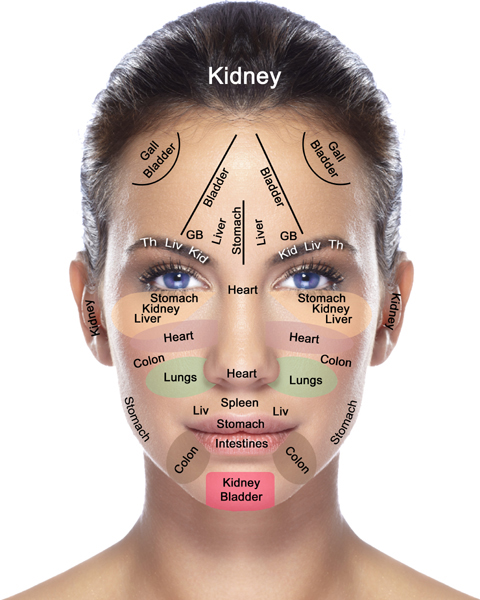The causes of dry skin can range anywhere from environmental factors like spending time in harsh conditions or the choices you make in your lifestyle. Dr. Diana Howard of The International Dermal Institute suggests in her article, The Top 3 Causes of Dry, Dehydrated Skin that genetics, aging, exposure to environmental elements, and deficiencies in our diet contribute to the result of sensitivities in the skin. Howard states, “A thorough skin analysis is your ultimate tool in the successful treatment of this challenging skin condition.”
Here are some tips and solutions for treating dry skin…
Take Out the Guess Work – Taking the advice of a trained esthetician to analyze your skin’s condition instead of standing in the cosmetic department, closing your eyes and blindly choosing a moisturizer, is a great first step. The need to find answers to your questions and educate yourself about your unique skin type through the guidance of a skin care professional, paves the road to proper maintenance and less money out of your pocket. “Dermalogica professional skin therapists are licensed, intensely educated skin health experts trained to prescribe Dermalogica products and deliver Dermalogica professional skin treatments,” said Howard. “They have the answers to your most pressing skin care concerns. They know how to deliver real, visible results.”
Adding a Humidifier to Your Home – Did you know according to the United States Environmental Protection Agency (EPA), Americans spend, on average, 90% of our time indoors? Regulating and controlling indoor air quality by simply adding a humidifier to your home is extremely beneficial, especially when the season changes and cold weather forces us inside. When used regularly, a humidifier will aid in the prevention of dry skin and cracked lips.
Hydrate from the Inside Out – Our body thrives on hydration, which aids in the creation of new cells and the ability of every system in our bodies to function efficiently. When we are lacking the benefits of hydration (which results in dehydration), everything suffers – including our skin.
Switch Up Your Diet – Everyone from your mother to your medical practitioner urges you to drink water, but how much can you realistically drink in one day? By adding foods packed with hydrating elements, the skin once again benefits in the production of cell turnover. If you can’t consume one more bottle of water, sneak it into your diet in other ways. For example, coconut water, the liquid found inside a coconut, is filled with vitamins, amino acids, and electrolytes. Adding alternative hydrating elements to your diet (like coconut water into a smoothie) makes the task of drinking 8 glasses of water a day less daunting.
Exfoliate, Cleanse, and Moisturize – It is impossible to effectively hydrate the skin when a layer of dead cells and dirt from your day is preventing moisturizing qualities to penetrate your skin. Dr. Howard of states, “Dry skin, or allipoid skin, generally refers to skin that is lacking in oil. Dehydrated skin is characterized by lack of moisture in the stratum corneum. Dry skin, or allipoid skin, generally refers to skin that is lacking in oil. Even oily skin can experience dehydration.”
Howard also explained that dehydration is a lack of water, not oil, so oil activity can be normal (or even overactive) in dehydrated skin. The importance of seeking out a professional skin care practitioner when it comes to exfoliating, cleansing, and moisturizing your skin is crucial to reduce crepey skin.
Dry skin can be nipped in the bud with these simple tweaks to your lifestyle. By introducing these solutions and staying consistent in regularly using them in your daily routine, vibrant, supple, and hydrated skin can finally be a reality.
Bio: Elizabeth Rago is a freelance writer specializing in health, wellness, and women’s lifestyle content, working with yoga studios, chiropractors, mental health, and wellness practitioners. Elizabeth writes the weekly column, The Circular Home for Chicago Shopping (an editorial partner of the Chicago Tribune) and is Senior Editor of All Things Girl, highlighting topics related to the modern domestic woman. Connect with Elizabeth on Twitter, LinkedIn, and Google+.

